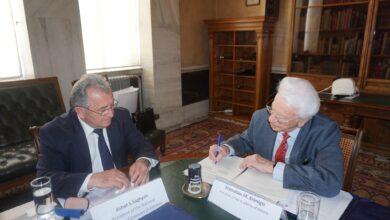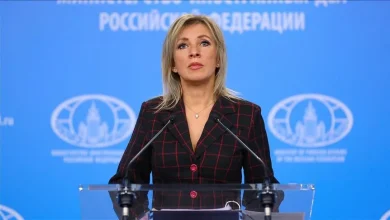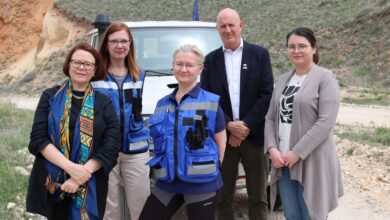
The World Bank Board of Executive Directors today approved a US$35 million credit for the Disease Prevention and Control Project in Armenia. The project will support the Government of Armenia in improving maternal and child health services, and the prevention, early detection, and management of selected non-communicable diseases at the primary health care level,as well as the efficiency and quality of selected hospitals in Armenia.
Despite structural and organizational reforms, the health care system is still struggling to catch up with the epidemiological changes in morbidity and mortality patterns. The greatest burden of disease in Armenia, as in most European countries, comes from non-communicable diseases, a group of conditions that includes cardiovascular disease, cancer, mental health problems, diabetes, chronic respiratory disease, and musculoskeletal conditions. Based on the statistical data, around 50 percent of all deaths are due to cardiovascular diseases and 74 percent are due to combined cases (cardiovascular, neoplasms, and diabetes mellitus). Non-communicable disease challenges require action at different levels: prevention, behavioral change, early detection, and adoption of cost-effective treatments.
The project’s main beneficiaries would be the Armenian population who would benefit from improved maternal and child health services; prevention, screening and management of selected non-communicable disease risk factors and conditions, such as diabetes, hypertension, and cervical cancer; as well as improved hospital services. Health care providers would also benefit from the performance-based incentives. The project would promote positive health outcomes for both women and men, as well as for infants, children, working age adults, and senior citizens.
The use of a performance–based financing approach will support the delivery of primary health care services related to non-communicable diseases and contribute to reducing informal payments by increasing performance bonuses to health workers, meanwhile, increasing their accountability for results. Thus,service delivery will be more accessible both in financial and geographical terms.
“Bolstering the supply of quality health care services has been a cornerstone of Armenia’s health reforms in the past decade. On the other hand, the economic crisis forced half of the poorest households to decrease spending on healthcare,” says Jean-Michel Happi,World Bank Country Manager for Armenia. “This project will support better targeting of the services to the poor by linking primary health care services to performance bonuses of health workers. We believe that this will help to achieve better health results in the country.”
The major expected results under this project are:
Over the last six years the Government has been implementing regional (marz) hospital modernization program with World Bank’s financial assistance. To successfully complete the plan, this project would finance the upgrading and refurbishing of remaining marz hospital network in Lori, which will serve over 281,000 people of the region. It would finance civil works, provision of medical and waste management equipment, training activities aimed at improving the management system of Vanadzor Medical Center, as well as increasing professional skills and competencies of medical staff. In addition, provision of angiographs for the newly opened Gyumri hospital and the Nork-Marash specialized cardiology and cardiac surgery center for adults and children in Yerevan is proposed.
“The project will address the rising incidence of non-communicable diseases by increasing services volume at the primary health care level,” says Susanna Hayrapetyan, World Bank Senior Health Specialist and Task Team Leader of the project. “This will positively impact the poor population as screening tests will become more affordable. The project will actively promote the mass screening and will allow cutting the time and cost of travel to health care facilities.”
The project would finance substantial design work for the reconstruction of the Center of Hematology in Yerevan and for the creation of a Bone Marrow Transplantation Unit at the Center. Renovation/reconstruction, provision of equipment, medical furniture and supplies, as well as clinical and management training would also be supported. Treatment standards in accordance with international standards for treatment of blood diseases will be sustained.
The project would also support the establishment of a new Armenia Oncology Center to allow provision of integrated oncology services for the population which the country is currently lacking.Radiation treatment is inadequate, as the equipment is obsolete. Theproject would support the Government’s plans to construct a new single building that would house all related servicesby allocating funds for the construction of a radiation therapy facility,provision of diagnostic and treatment equipment, as well as development of clinical protocols and treatment standards.The Government is exploring the possibility of creating the new oncology center using public-private partnership.
Total financing of the project is US$45 million, of which the Government of Armenia will provide US$8.2 million. The Health Results Innovation Trust Fund (HRITF)will contribute grant funding in the amount of US$1.8 million. The World Bank credit of US$35 million will be provided on standard blend IDA terms at a fixed interest rate of 1.25 percent per annum with a maturity of 25 years and a 5 year grace period.








